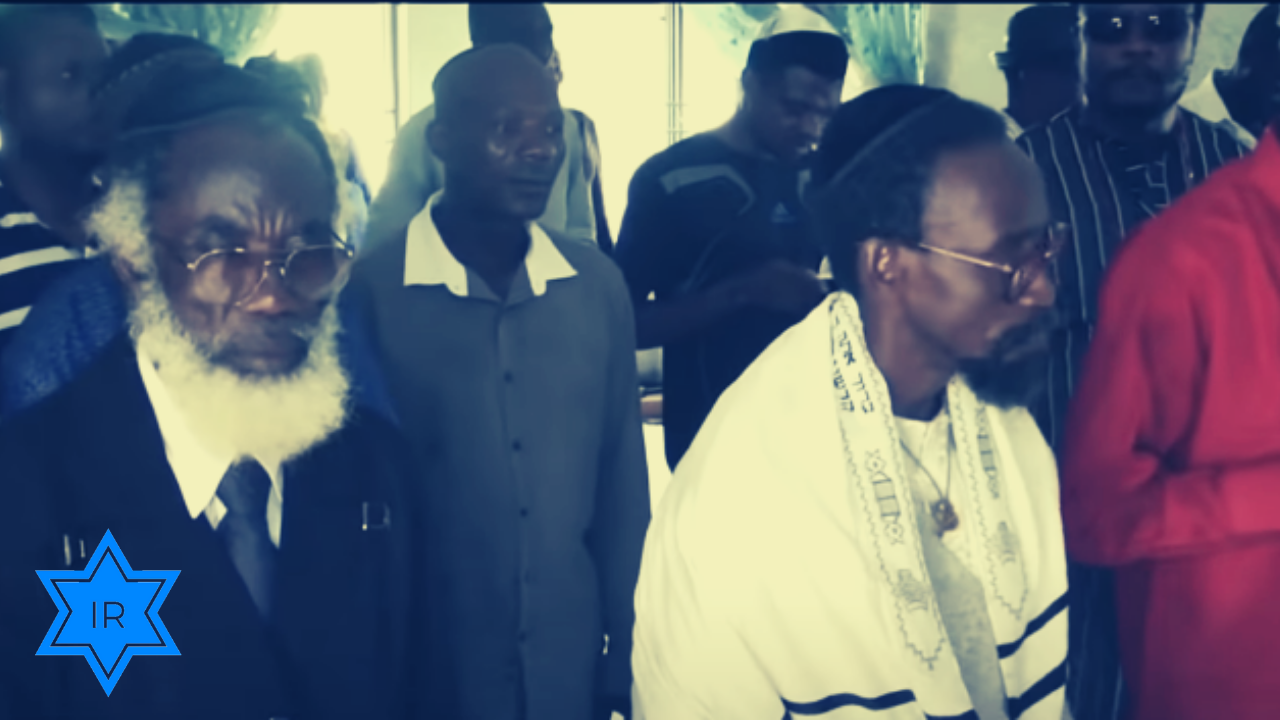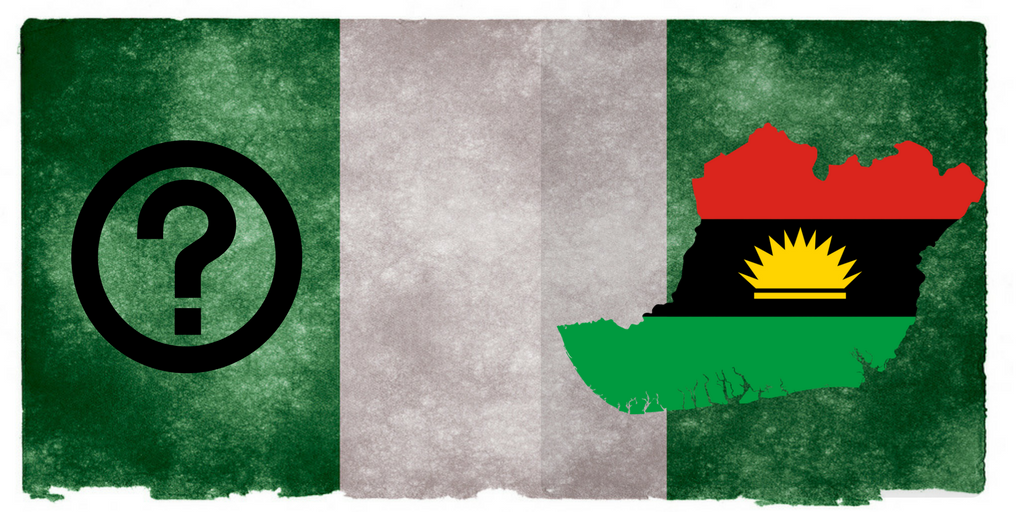“I drove thousands of ballots from New York to Pennsylvania.”
When I heard the above statement this week from Jesse Morgan as he testified before President Trump’s legal team investigating the alleged widespread frauds in the 2020 general elections it struck a note in my mind. It was an “a-hah! moment” for me.
I live in Queens County in New York City, about 10 minutes outside Jamaica. My zip code actually falls within Jamaica town. My apartment complex is a post-World War II red brick six story building. It was completed in 1946 and has been occupied continuously ever since. But because it’s been well-maintained it still retains its pristine shape.
Jesse Morgan is a truck driver who testified under oath that he witnessed a suspected electoral fraudulent activity in October that occurred in his line of duty. The summery of his testimony is that he transported hundreds of thousands of illegal ballots from New York to Pennsylvania. Morgan drives for a third party trucking company which serves as a subcontractor to the United States Post Office.
On hearing Morgan’s above quoted opening statement a cloud was lifted from my mind as I suddenly reconciled a bewildering incident that happened where I live a few months back. One afternoon in September or so I came down from my second floor residence to the building’s 1st floor lobby where the residents’ mail boxes are located. I was on my way out but I noticed that unusually large amount of packages had been delivered to the mailing area. On closer observation I noticed that they were voting ballots. They were wrapped in clear plastic packaging. As I left the building I was struggling to understand why so much election ballots should be delivered because in my mental assessment they were obviously several times more than the number of residents in the building. They were undoubtedly in excess of the people in the building even if they were meant for each resident, as far as I was concerned, I had planned to vote in person on election-day and never requested for any remote voting ballot. So, why would so much ballots be brought to the building, I wondered.
Without making any sense of the whole thing I went into the store to do my shopping. Then I ran other errands around the town and returned to the building a couple of hours later. As I walked by the mailing area I noticed that the ballots were gone. So, I looked around to see if they had been distributed to different residents’ doors or by the mail boxes of the residents, but no there were no traces of the ballots anywhere. They were gone. I went into my apartment and very soon forgot about the incident.
I would not think about it or make much of the issue again even when so many people, including the President Donald Trump began to talk about large scale and wide spread electoral frauds that went on during the election. Many accusing fingers pointed at mail-in ballots as making up a large percentage of the frauds. Still, I would not correlate what happened in my building a few months back with the recent rampant complaints about the electoral frauds until when I heard Jesse Morgan testify that he “drove thousands of ballots from New York to Pennsylvania.” On hearing that the puzzling pieces in my head over the past few months seemed to suddenly fall into their proper places. It was like I now know where all the ballots that were delivered in my building went to. Without knowing why it was like I had an answer to my nagging question and a convincing closure to a mystery.
Then I started paying close attention to the testimonies of other people with similar experiences like those of Jesse Morgan and even to those of others talking about Dominion voting machines. Some of them claim that the Dominion machines were conceived to fraudulently affect the outcome of the United States elections.
Additionally, some of the whistleblowers have claimed that many U. S. electoral ballots were fraudulently printed abroad in China. But going by what I witnessed in my apartment building, I have continued to wonder if it were possible that many of those alleged illegal ballots included also some of the several thousands of ballots mopped up from the probable systemically-designed excess ballot deliveries to various cities apartment buildings across the United States.
Since the past four weeks some people have been heard calling for the President to concede defeat in the 2020 elections. From the look of things it appears that it is the so-called media-projected winner of the election that should, out of decency, concede defeat to the President. This conclusion is not hard to come by considering the very apparent wide spread colossal incidents of frauds and election riggings which in virtually all the cases were rigged in the favor of the President’s opponent. However, I believe that all calls for concessions in the election are premature, speculative and, even reckless. The election board is yet to announce the official results of the 2020 election. Constitutionally, it is not the responsibility of the media houses to declare the United States election results ahead of the electoral board charged with that responsibility.
Again, the shrill calls and unusually loud and urgent demand by the media for President Trump to quickly and prematurely concede defeat is very suspect. This unusually urgent call from the mainstream media has prompted many people to question the genuineness of their intention. Some people have tried to understand the urgency of the call and they have asked if it was designed to fraudulently intimidate and pressure the President into making rash and unconsidered decisions.
This unnecessary urgent call for concession has made some people to think that it might not be unconnected with the fact that some guilty individuals and groups are anxious to divert the public’s attention from the widely reported election frauds and rigging. An Igbo adage says that when an evil is left unchecked in a society for an unusually long period it will become the society’s tradition. And that is the danger in hurriedly sweeping under the carpet and covering up such obvious dishonest and fraudulent practices. If they are not sincerely dealt with at their first appearance then they will become an accepted social practice. Therefore, for the sake of saving the United States of America the reported frauds and rigging in this U. S. election must not be condoned. The guilty must not be left unpunished, or the practice will become an American tradition.




